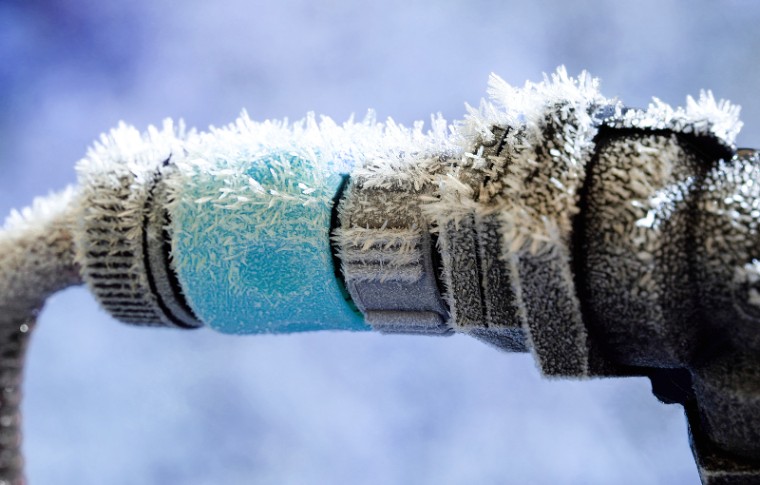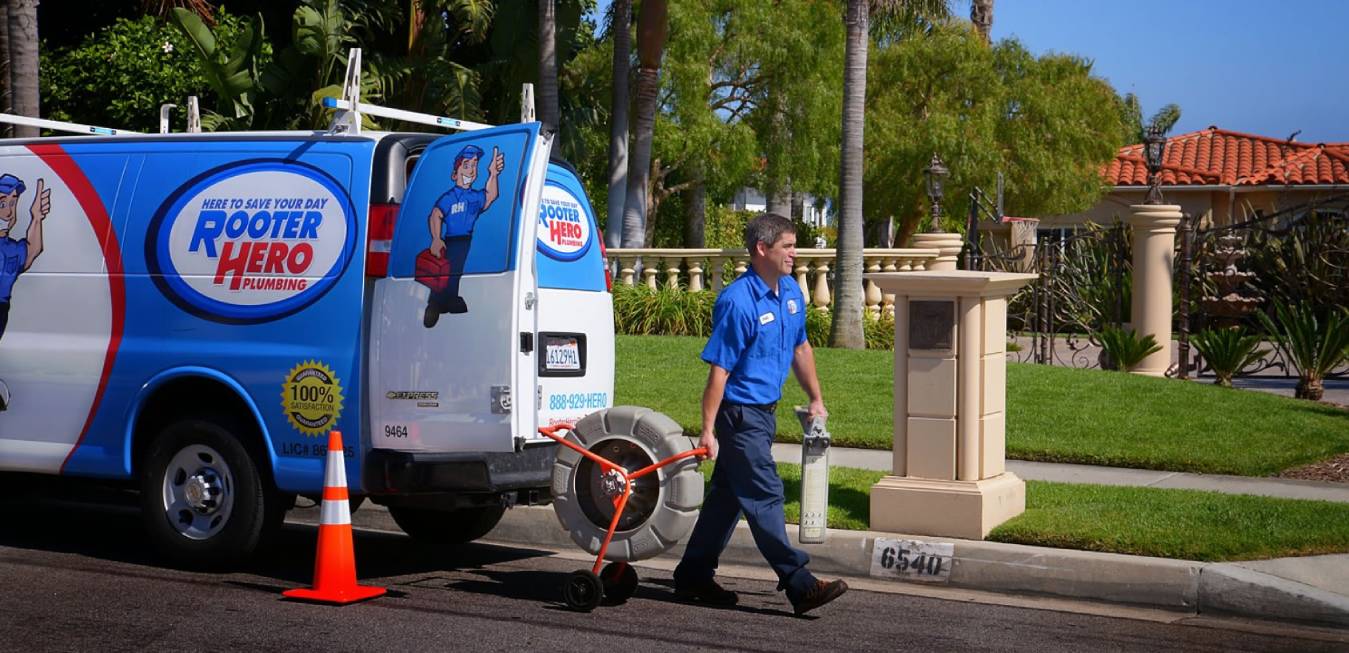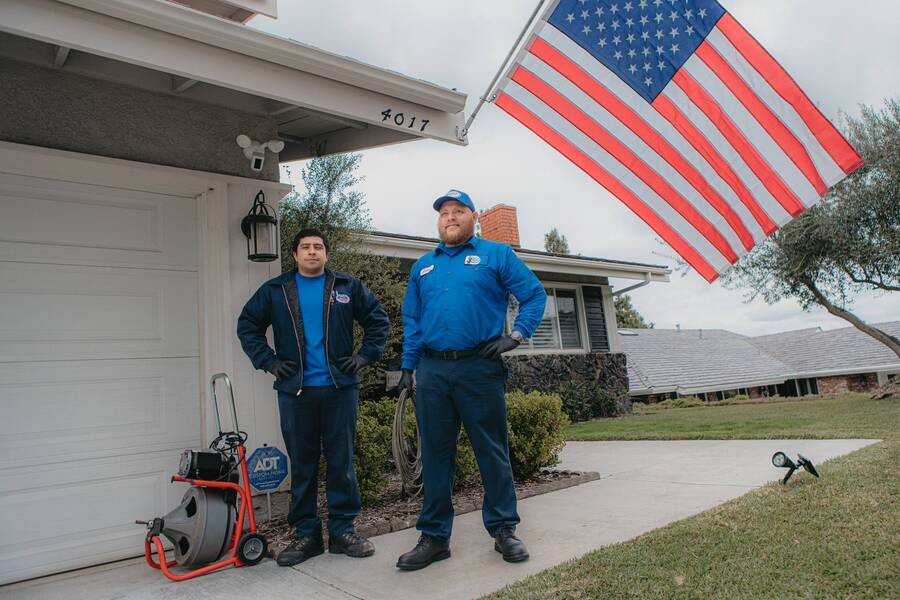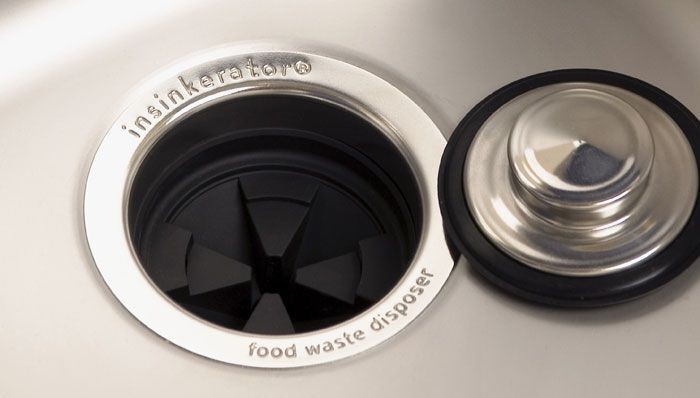
What Happens When Pipes Freeze?
One of the most devastating winter plumbing problems is when pipes freeze. In regions where freezing temperatures are common, many homes are equipped with the proper systems in place to prevent frozen pipes. However, in areas that maintain a relatively nice climate all year long, they may be unprepared if the temperatures suddenly drop.
What Happens When Pipes Freeze?
Water inside of your plumbing pipes may be susceptible to freezing if temperatures drop. When water freezes, it expands. This expansion can put pressure on the walls of your pipes, causing them to burst. This can make a huge mess and cause a lot of damage.
Vulnerable Pipes
The pipes that are the most vulnerable to freezing are in regions that don’t get all that cold. A sudden fluke in the weather could lead to an unexpected freeze. The pipes in a home that are exposed to the elements are the most likely to freeze. This includes outdoor pipes and pipes that are located in attics and crawl spaces.
How To Prevent Frozen Pipes
To prevent frozen pipes, it is important to take the proper precautions. Failure to winterize your plumbing could result in a lot of damage and expensive repairs. To protect your home and your sanity it is important to winterize your plumbing which includes:
- Pipe Insulation - Pipe insulation is inexpensive and easy to install. It comes in the form of a sleeve that fits over the outside of your pipes. All exposed pipes should have insulation. This includes outdoor pipes and pipes located in attics and crawl spaces.
- Check for Air Leaks - Just because your pipes aren’t located outdoors does not mean cold air won’t find them. Air leaks can leave indoor plumbing vulnerable to freezing temperatures. Check for air leaks around attics and crawl spaces and seal any areas of weakness.
- Water Heater Jacket - Your pipes aren’t the only thing vulnerable to freezing temperatures. Your water heater may also be susceptible to the cold. A water heater jacket fits snugly over your water heater and can help protect it come freezing. In addition to the added protection, a water heater jacket can help provide better insulation which helps your water heater maintain its temperature better. This makes it so your water heater doesn't have to work as hard, which is good for your water heater and good for your pocket book.
Vacant Property
Vacant properties can be more susceptible to frozen pipes for several reasons. For starters, nobody is there to maintain the temperature inside of the home, and nobody is there to detect early warning signs. To protect any vacant property you may own or even your own home if you are heading out of town for an extended period of time this winter, you should:
- Drain all water lines
- Drain all toilets
- Open all taps
- Shut off the main water supply
- Drain water heater
If you are simply going out of town, be sure to set your thermostat to a reasonable temperature. Circulating the air can help prevent frozen pipes. Is your plumbing ready for winter? For help getting your plumbing ready for winter contact Rooter Hero today!






